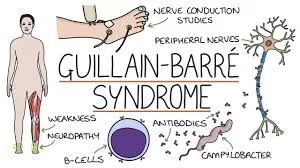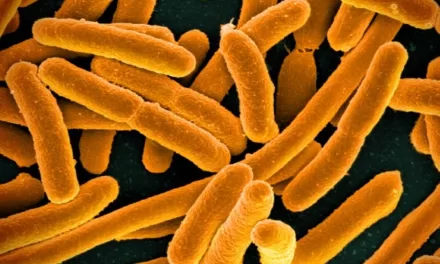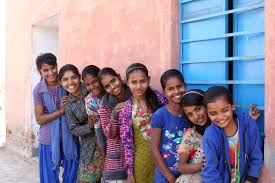Ranchi, Jharkhand – A third child exhibiting symptoms of Guillain-Barré Syndrome (GBS) has been admitted to a hospital in Ranchi, raising the total number of suspected cases in Jharkhand to three. While two children are undergoing treatment in private hospitals, one has been admitted to the Rajendra Institute of Medical Sciences (RIMS), Ranchi.
The state health department’s surveillance team is closely monitoring all three patients. Authorities have issued alerts to civil surgeons across Jharkhand, urging them to remain vigilant and respond swiftly to any new cases.
The first case was reported approximately ten days ago when a five-year-old girl was diagnosed with GBS at a private children’s hospital in Booty Mor, Ranchi. Doctors report slight improvement in her condition, but she remains bedridden. Similarly, another girl from Koderma was admitted to RIMS five days ago. Both children had recently traveled to Maharashtra with their families and fell seriously ill upon their return, experiencing nervous system failure.
Following the first reported case on January 31, Jharkhand Chief Minister Hemant Soren convened a high-level meeting with the Health Minister and senior officials. Deputy commissioners and civil surgeons from all districts participated via video conferencing. The Chief Minister directed officials to ensure immediate diagnosis and treatment for anyone exhibiting symptoms of GBS.
In response, the government has established special wards across the state as a precautionary measure. These wards have been equipped with ventilators, oxygen supplies, and essential medicines to ensure timely medical intervention.
RIMS Director Dr. Rajkumar emphasized that while GBS is not contagious, early diagnosis and treatment are crucial. He also highlighted the need to raise public awareness about the disorder to prevent delays in seeking medical care.
Notably, multiple cases of the syndrome have also been reported in Maharashtra and Rajasthan. Medical experts describe GBS as an autoimmune disorder that can severely affect the nervous system, leading to paralysis in severe cases. The illness typically progresses rapidly, rendering the patient bedridden within days. It is often associated with prior bacterial or viral infections, such as those caused by Campylobacter jejuni bacteria or viruses like dengue or chikungunya.
GBS occurs when the immune system mistakenly attacks healthy nerves outside the brain and spinal cord. This results in muscle weakness and, in severe cases, paralysis or even death. Despite its serious nature, doctors assert that most patients recover fully with timely and appropriate medical treatment.
Disclaimer:
This article is for informational purposes only and should not be considered medical advice. Readers experiencing symptoms or concerned about their health should consult a qualified medical professional. The information presented here is based on current reports and medical opinions but may be subject to change as new data emerges.











